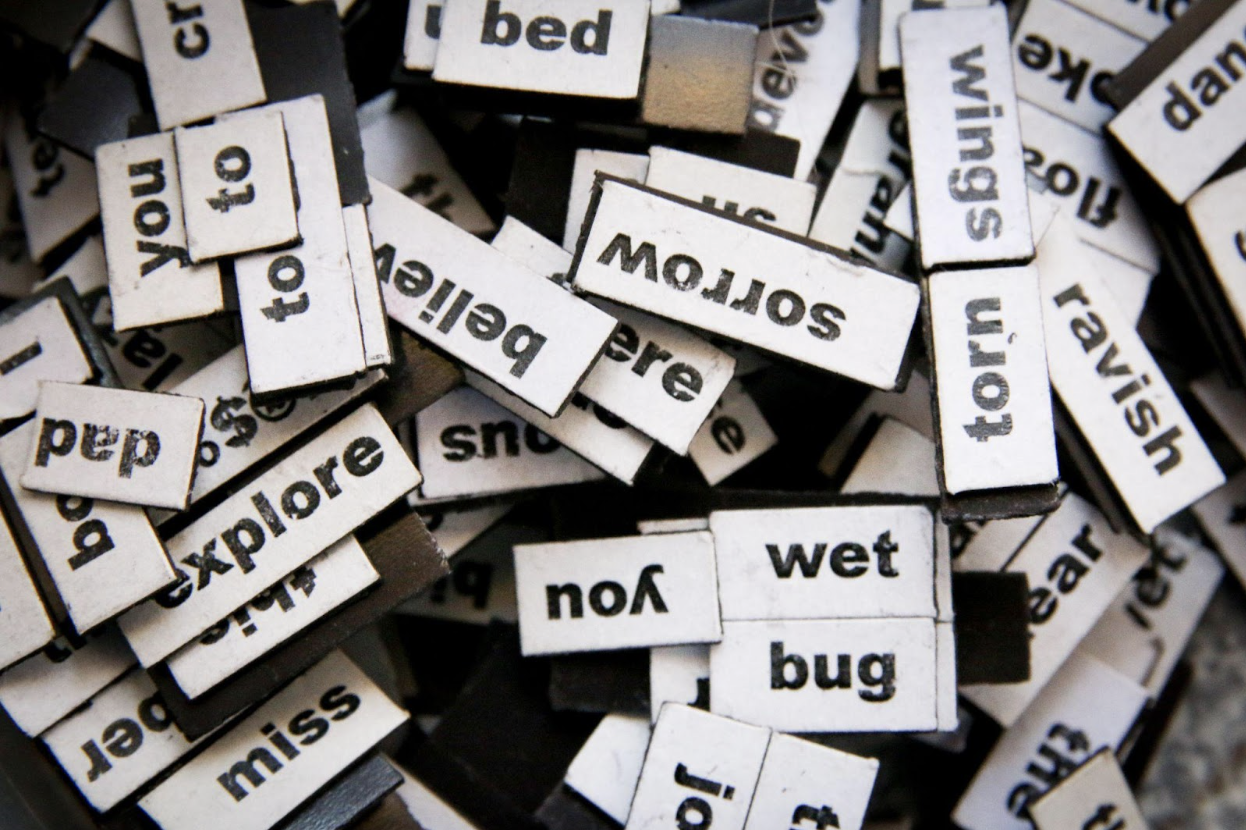
In order to succeed in school and in life, your child should always be learning new words—especially when they’re young. With a wide vocabulary, they’ll be able to understand written text and the spoken word on a deeper level.
If your child learns how to adopt new words into the vocabulary at an early age, they will carry that skill with them for the rest of their life.
Learning new words starts with you, right at home.
Vocabulary in Context
While you might remember going through rote memorization in school, we’ve learned that that’s not the best way to teach children new words. The way to go is through child-friendly definitions, vocabulary activities, and constant exposure. These methods help your child get familiar with using their vocabulary in real-life situations that warrant the correct usage of the term.
It always helps to teach your child a new word in the right context. This creates a memorable image in your child’s mind and helps them make sense of the word and what it means.
Teaching Your Child New Words
Here are some effective ways to introduce new words into your child’s vocabulary and make sure they stick:
Make Note of Unfamiliar Words
If your child comes across an unfamiliar word anywhere—in a book, on television, amid a conversation—make note of it and help them understand what it means in the context they found it in.
Use Age-Appropriate Definitions
If your definition of a word is just as confusing as the word itself, that new term doesn’t benefit your child in any way—because they can’t get a grasp on what it actually means. Come up with a definition that’s on your child’s level, one they can understand. That might mean looking up the official definition in the dictionary and rephrasing it using your own words.
Use Examples and Counterexamples
Examples help children understand how to use and understand new words. For example, if the word they’ve come across is irksome, use a personal example that they can relate to: “Having the hiccups is irksome.” It also helps to use counterexamples like “Having the hiccups is irksome, but laughing is the opposite—it’s fun and joyful.”
These are examples your child can connect with, and therefore they’ll understand the new word on a deeper level.
Return to New Words
Just because a child got familiar with a new word once doesn’t mean it’s over and done with. To fully ingrain that word in your child’s mind, revisit it often, and repeat the definition so the word and the meaning will continue to link inside your child’s brain.
Play Fun Vocabulary Activities
Games do a wonderful job at reinforcing a word’s meaning. Here are some examples of vocab games to play with your child:
- Word associations (Ask your child what the word irksome makes them think of.)
- Senses (Ask your child to describe what they felt, heard, saw, smelled, and tasted during the irksome experience.)
- Art (Ask your child to draw a picture of when they experienced something irksome.)
- Word board games (A few examples include charades, Pictionary, and bingo.)
Focus on Variety
If you’re trying to decide what words to focus on, know that vocabulary falls into three distinct categories:
- Basic Vocab. These words show up frequently in everyday speech; they’re terms that children learn primarily through conversation. Think dog, walk, rain, happy, smile, baby, phone, etc.
- Sophisticated, High-Frequency Vocab. Children don’t learn these types of words naturally because they’re often found in written text and conversations between adults. Think fortunate, exquisite, oblivious, fashionable, etc.
- Low-Frequency Vocab. These are words typically only found in specific situations or industries, like tech or medicine. Think isotope, amino acids, dysplasia, substrate, etc.
Utilize selections from each group, but focus most heavily on the second, because those words are both useful and challenging.
Your Child’s Growing Vocabulary
Children’s brains are sponges, and they’re eager to learn new words that can give them a better idea of the world. At Austin Children’s Academy, children are exposed to all kinds of words that match their stage of development. To learn more about how our classes could stimulate your child’s vocabulary, or to schedule a tour, get in touch today.





















